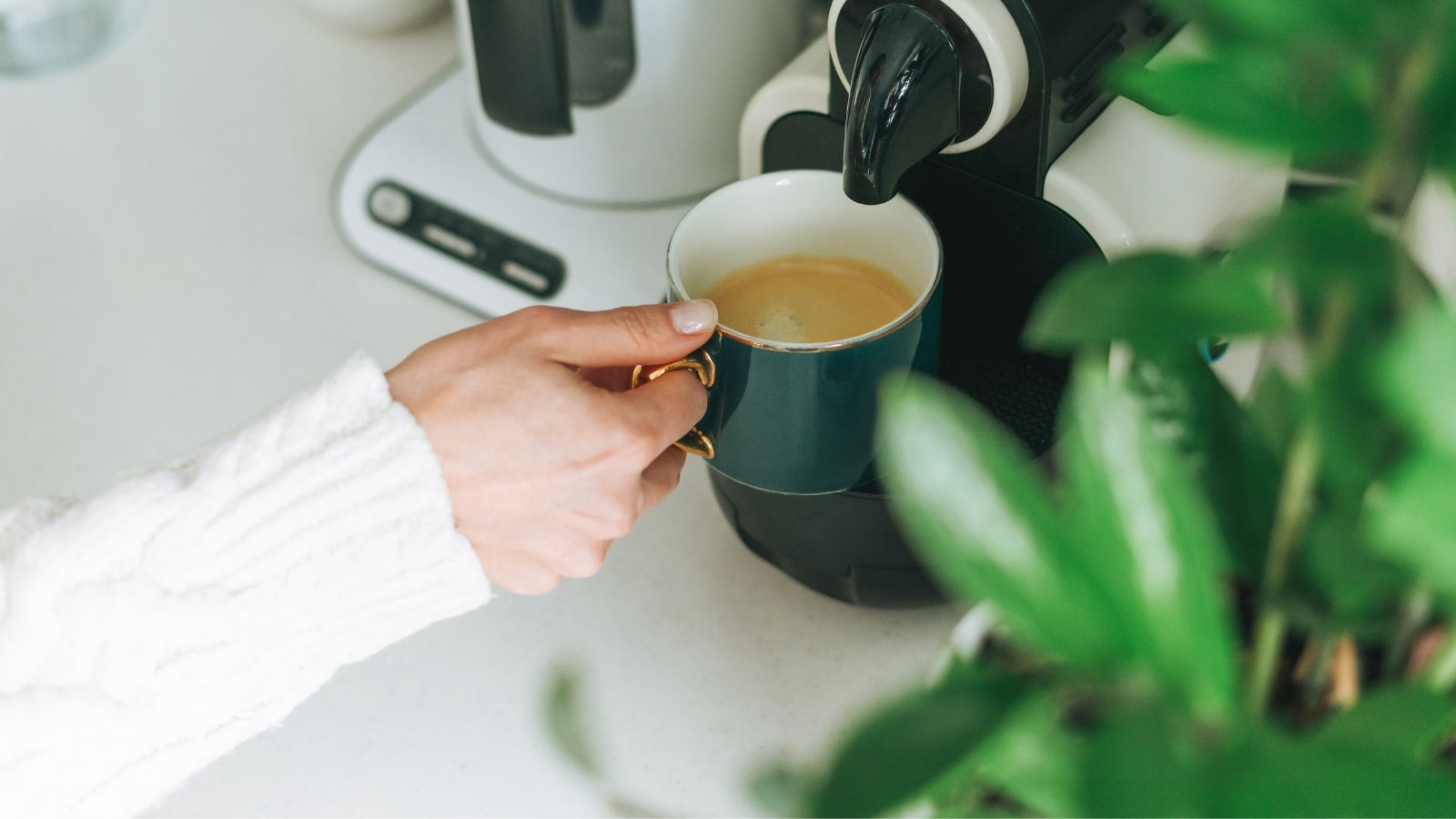
Everyone's asking 'is my coffee maker toxic?' after viral TikTok videos warned users against their morning brew. To put the debate to rest, I spoke with medical experts and manufacturers to get a definite, professional answer.
You’ll be relieved to know that most high-quality coffee makers, espresso machines, and drip coffee machines are fine. I've even put together a list of the best non-toxic coffee makers. However, if your coffee maker is mostly glass and stainless steel, it’s safe. If yours is made from cheaper plastics, which contain BPAs and PFAS, there may be some cause for concern.
I've got all the details for protecting your coffee machine, ensuring you get a delicious (and safe) cup every time. Here's everything you need to know, from how to clean your coffee machine properly, why to use filtered water to make coffee, and how shorter brew times might help.
Are coffee makers toxic?
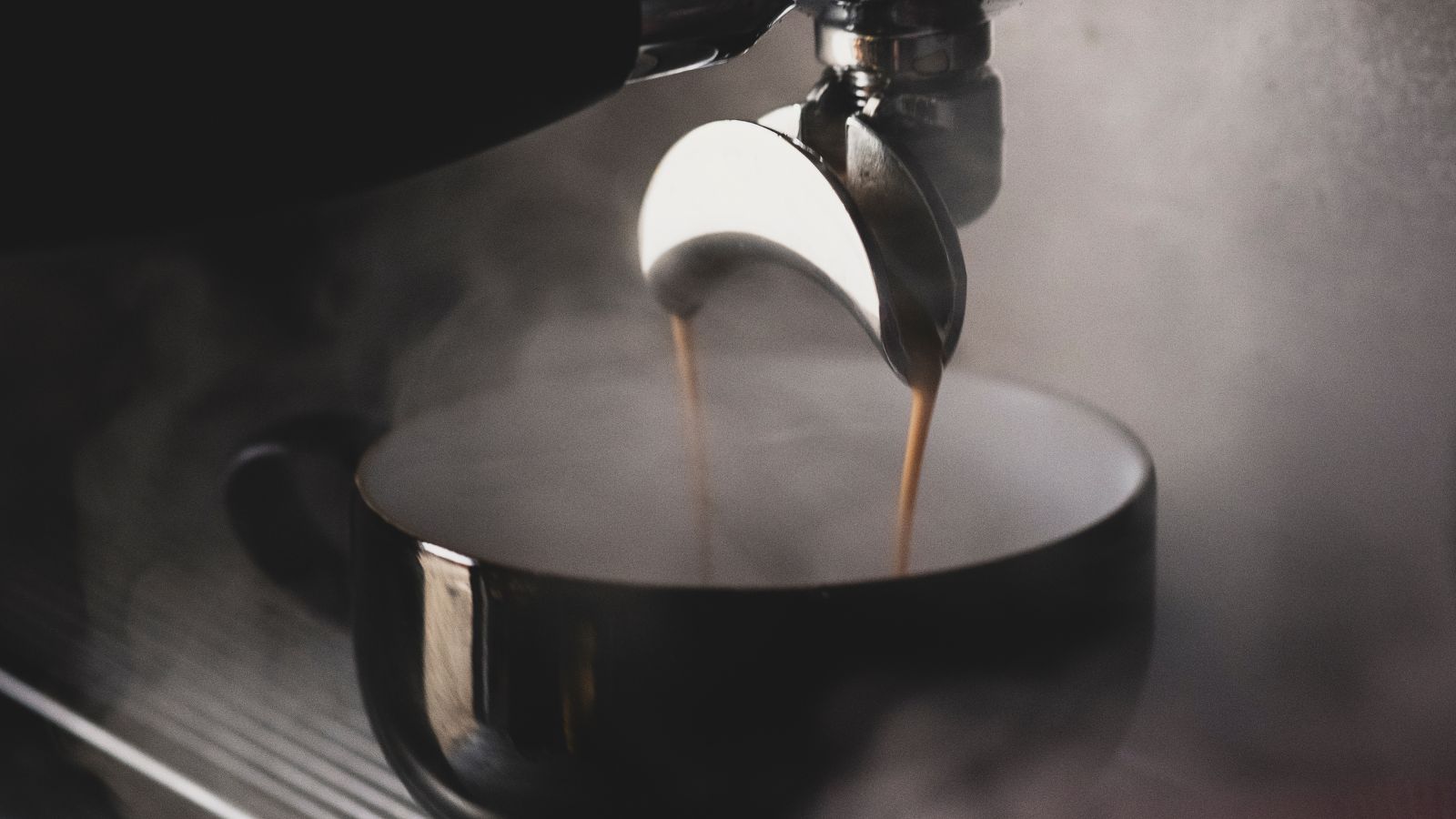
The answer depends on your coffee maker. If you chose stainless steel and glass over cheaper plastics, there’s a high chance that your coffee maker is safe. Cheaper models tend to opt for plastic as a lightweight, waterproof, affordable alternative.
I spoke with Kelly Johnson-Arbor, a medical toxicology physician and interim executive director at National Capital Poison Center. She said that ‘plastics used in coffee makers can contain potentially dangerous chemicals, including BPA and PFAS’. These are used in lots of everyday kitchen products because they’re stain-resistant and waterproof. However, Kelly told me that BPA is associated with health issues, including endocrine disruption and impaired fertility.
Don’t panic - simply touching a coffee maker won’t have any repercussions on your health and wellbeing. It’s more of a long-term effect; if your coffee maker becomes damaged or is consistently exposed to boiling water for long periods of time, the chemicals may slowly leach into your coffee. To avoid exposure, opt for shorter, cooler brews. Kelly suggests that we avoid coffee makers with these plastics in all together. After researching them, lots of the coffee makers in our guides are safe to use.
How do I safety-proof my coffee maker?
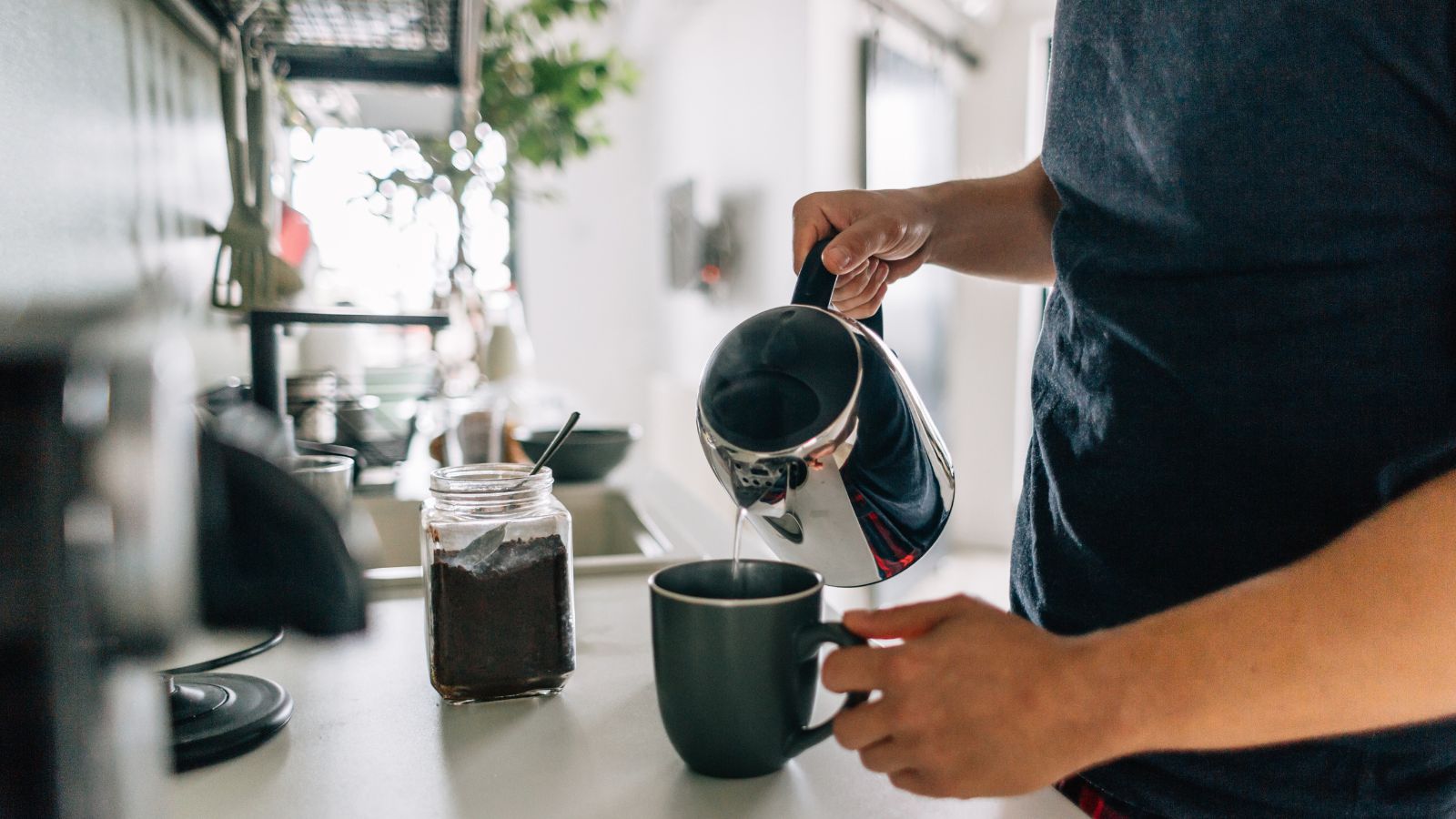
After speaking with Brian Clark, Founder of United Medical Education, I felt more reassured. ‘Generally, coffee makers are safe’, he told me. Agreeing with Kelly, he advised that we opt for coffee makers with BPA-free, stainless steel, or glass parts. He further recommended ‘avoiding those with aluminum heating elements, clean your machine regularly, and use filtered water.'
Cleaning your machine and using filtered water helps to stop mineral and dirt build-up. This would compromise the efficiency and could damage the exterior and interior surfaces, making them more likely to leach chemicals into your brew. A well-maintained machine looks good as well as doing good too. We’ve looked into the best ways to clean your coffee maker and it’s really easy.
Which coffee makers are non-toxic?
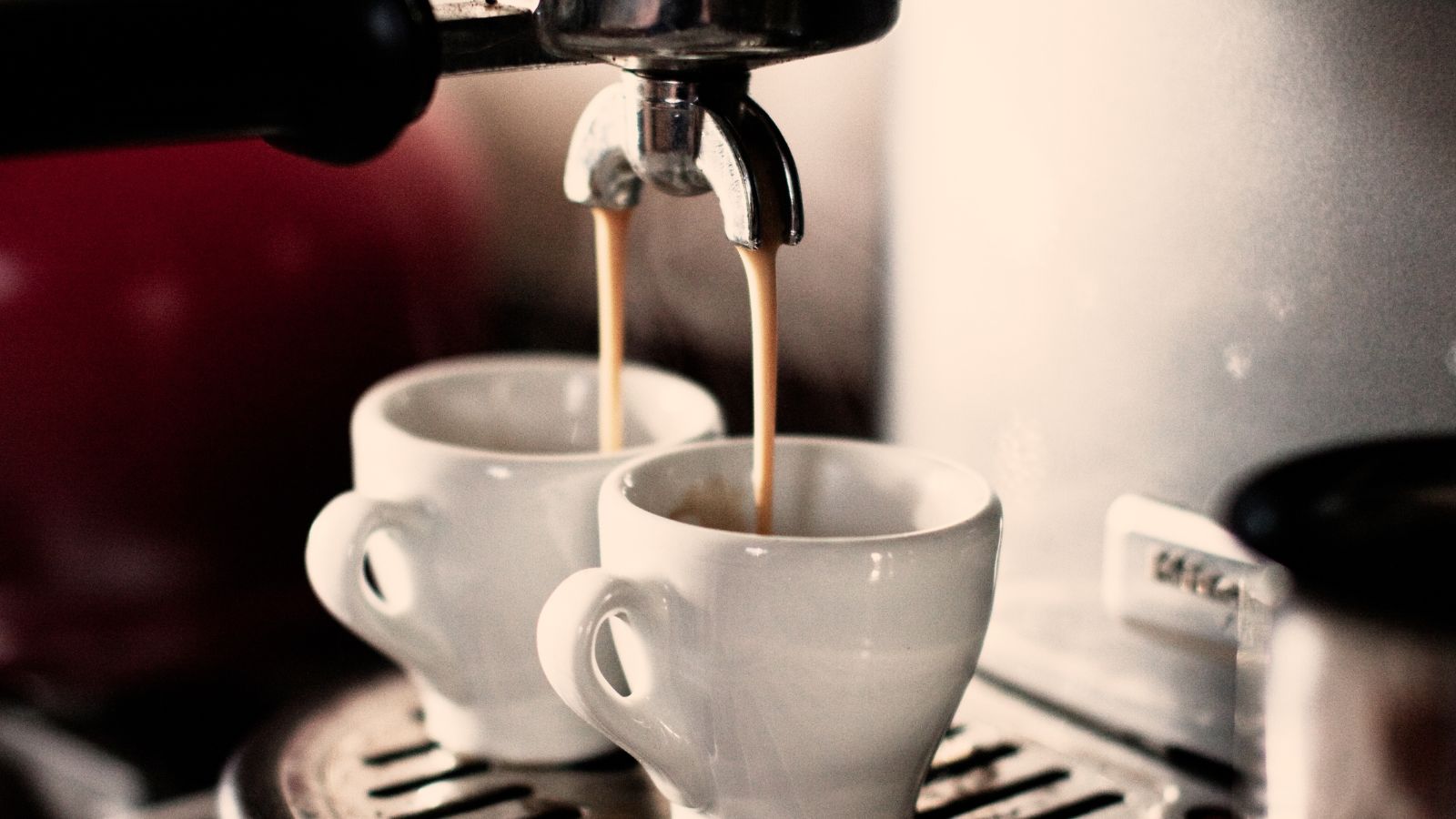
We have guides dedicated to the best coffee makers on the market. However, to give you a helping hand, these are the best non-toxic coffee makers on the market. That way, you can rest assured that your coffee machine is safe to use. In the meantime, here are a few of our top picks.
This beautiful machine was made for durability. As such, the stainless steel is ultra-high quality and safe for brewing your coffee. We love the look of this on the countertop and found that it quietly brewed some of the best coffee of any of our drip coffee makers. In four minutes, we brewed a whole pot of perfect coffee, so we were very pleased with the Moccamaster.
This was one of the most expensive options on our collection of the best French presses on the market. However, it’s well worth the price tag, especially since it’s made from stainless steel. It makes a killer cold brew, as well as fantastic quality coffee in under five minutes. The French press is one of the quietest methods to make coffee and it’s certainly one of the more compact machines too.
Although this has some plastic finishes, the important, heated and pressurized parts are made from stainless steel. This firmly places the De’Longhi in amongst our non-toxic collection. This is called the ‘all in one’ and it really lives up to the name. We could make drip coffee, espresso, and automatic coffee at the touch of a button. The milk-frothing wand makes this an appliance that can do it all, so even if it is wider on your countertops, you’ll need very little else.
Are coffee beans toxic?

There has been lots of debate around this topic and there are choices that you can make to ensure that your beans are better for you. When coffee beans are roasted, some are heated to temperatures above 250 degrees. This can contribute to acrylamides forming. These are chemicals formed at high temperatures, which can have negative health effects.
Kelly Johnson-Arbor, suggested choosing Arabic coffee beans, because Robusta coffee beans contain more acrylamides. Short-roasted or light-roasted coffee beans have higher levels too, because darker roasts break down the acrylamide in the intense roasting conditions. Kelly gave me an extra tip, ‘if you store your coffee for a little longer the acrylamide is not stable and can break down over time’. In short, dark roast Arabica beans that have been stored for longer and brewed for a shorter time are best for you.
Are decaf coffee beans toxic?
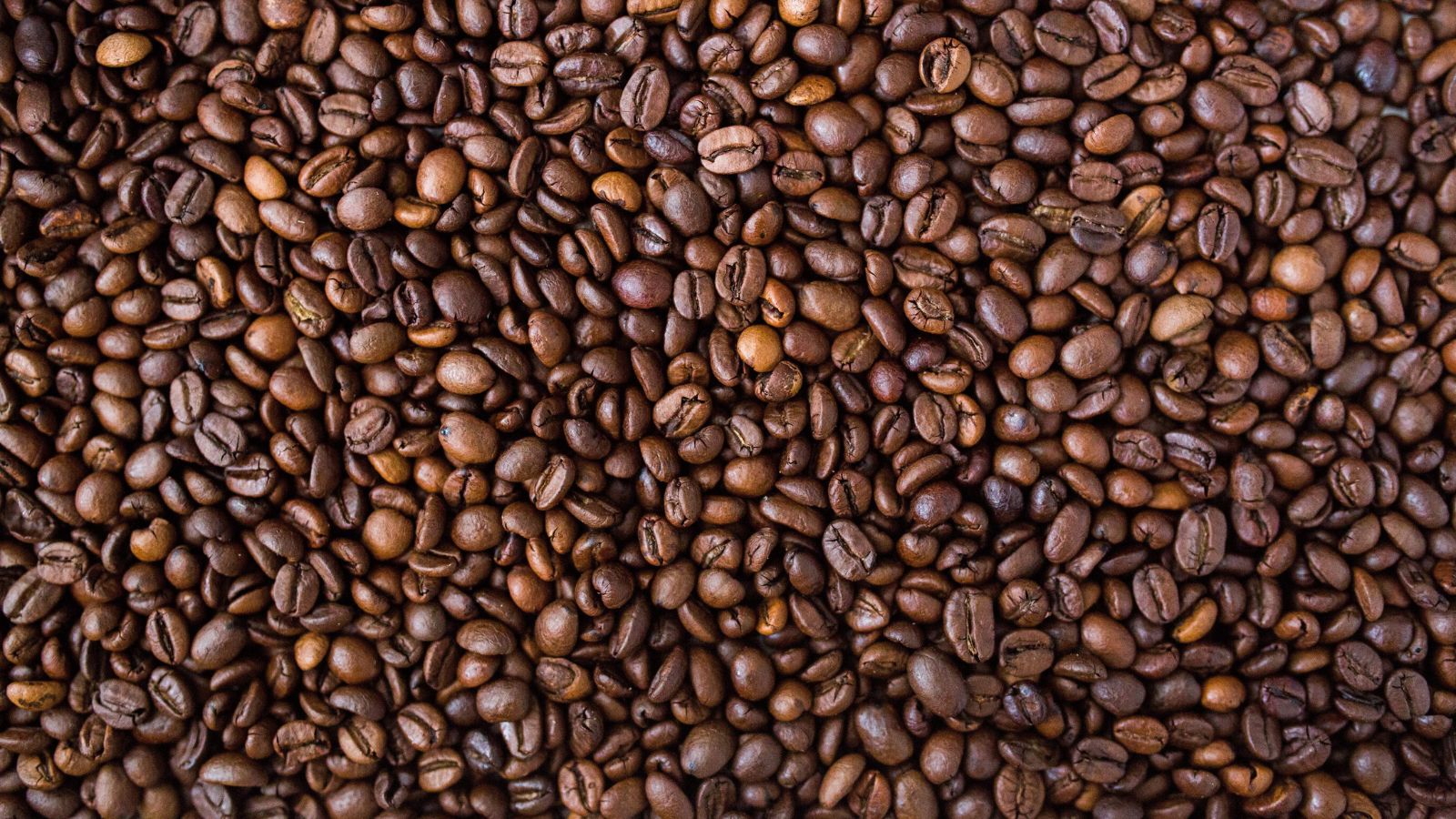
Decaf coffee has the same amount of acrylamides. In fact, you’ll want to be careful which decaf blend you use. The Clean Label Project reached out as I was writing the project to warn me about potentially harmful chemicals in decaf coffee. Jackie, their spokesperson, told me ‘methylene chloride, an active ingredient in paint stripper, was recently banned by the EPA. It's the key ingredient in some decaffeination processes and brands don’t have to disclose it on their label. You can check yours against this chart.
FAQs
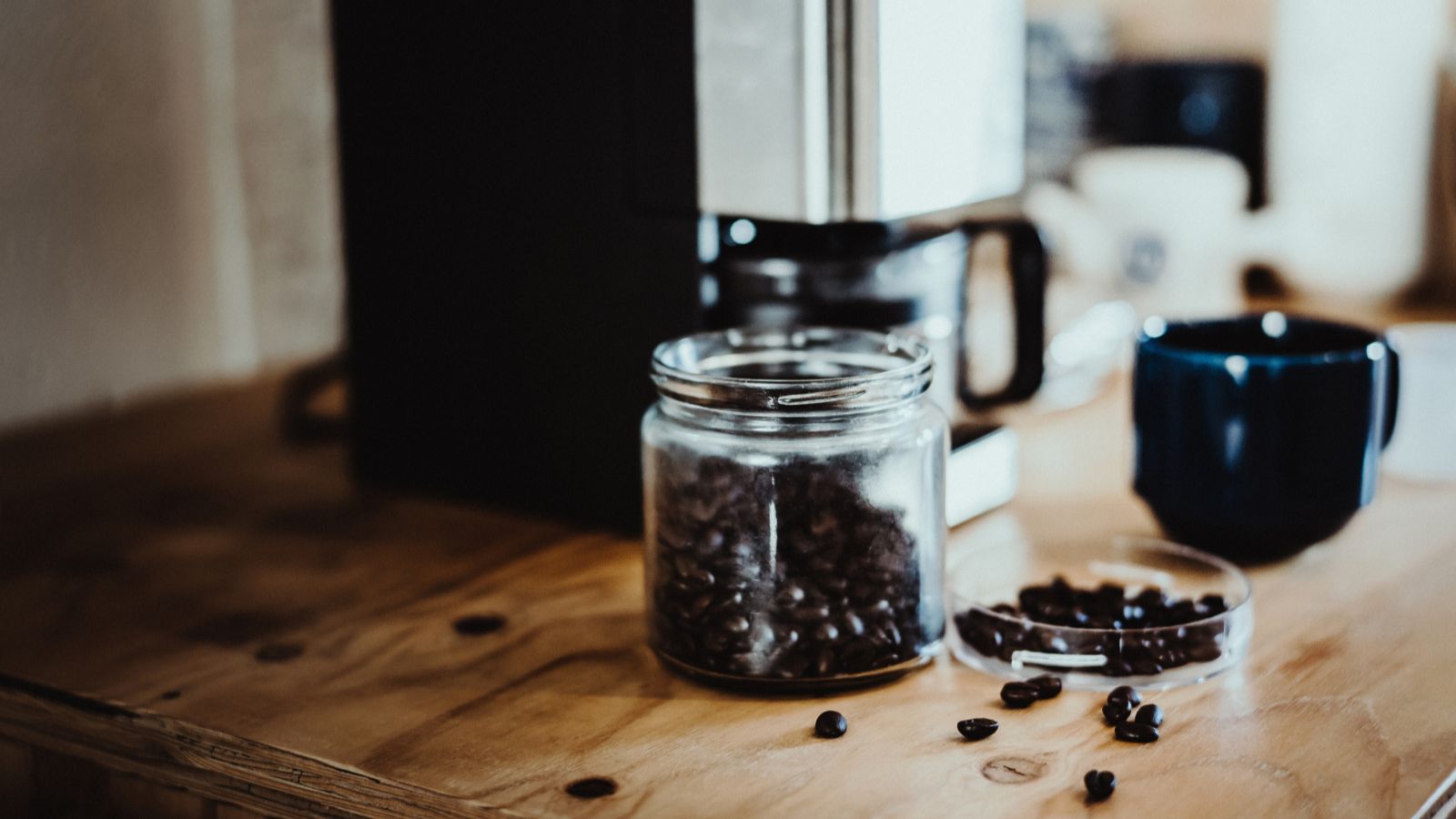
What is the best non-toxic coffee maker?
We think the Moccamaster is the best non-toxic coffee maker. There are plenty of other options, such as the OXO 8 Cup Coffee Maker and De’Longhi All In One Combination Coffee Maker, but the Moccamaster is fantastic. It’s in our best coffee maker guide because it’s very quiet, built to last, and easy to use. The fact that it brews coffee quickly is a big perk, too. It’s expensive, but brilliant.
Are there alternative ways to make coffee?
Lots of French press and pour-over machines are made from stainless steel and glass. The Espro P7 French Press, for example, is all stainless steel, meaning you don’t have to worry about any potentially harmful chemicals finding their way into your cup of Joe.
Our Verdict
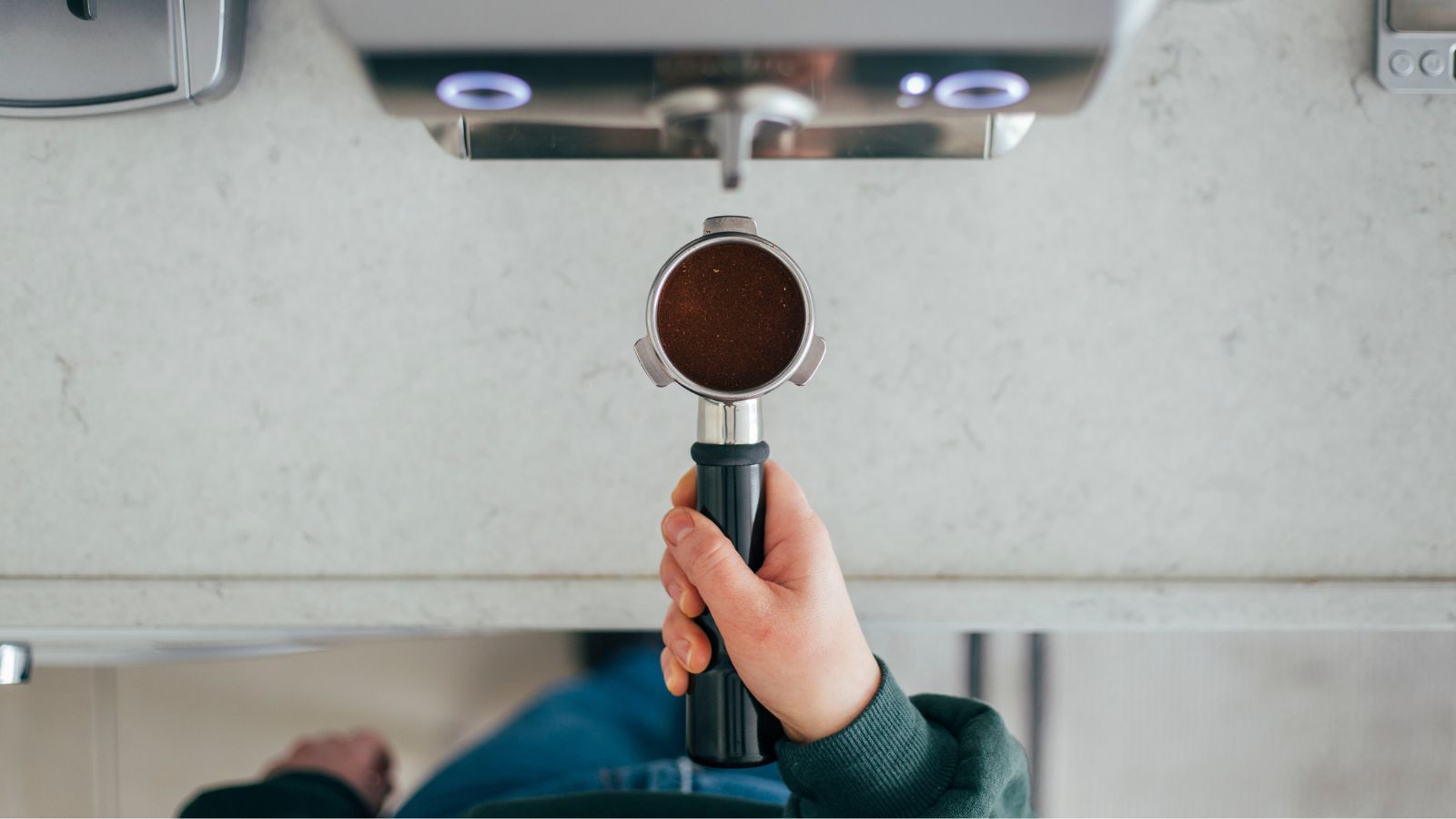
If you always buy good quality coffee makers, made from stainless steel or glass, you’re fine. Make sure to use filtered water and clean your coffee maker regularly. That way, your machine will stay in top condition for longer. Medical experts, scientific research, and coffee maker companies have reassured me that these machines are considered safe and non-toxic.






